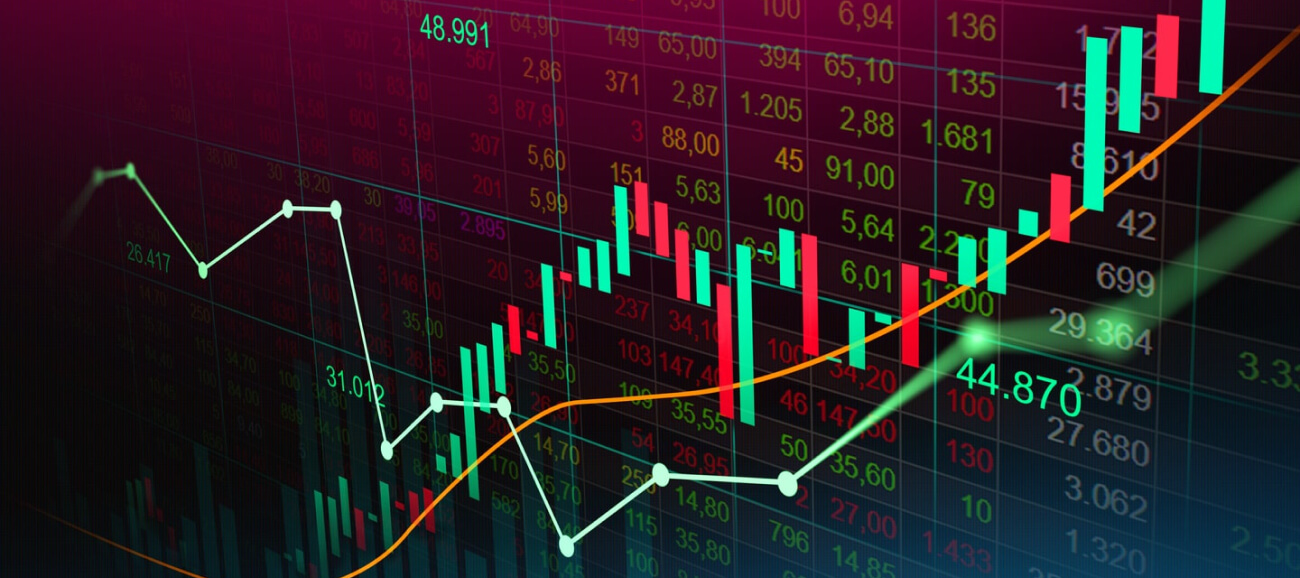

Чем платформы предсказаний напоминают бинарные опционы и как они могут влиять на фондовой рынок
8 апреля 2025
Аналитика
8 апреля 2025
Рынки предсказаний
Так называемые рынки предсказаний — платформы, где пользователи могут сделать ставки на все, что может быть спрогнозировано, — стали мегапопулярными во время президентской гонки в США. Теперь даже крупные западные деловые медиа, в том числе Bloomberg, ссылаются на них как релевантный источник оценки вероятностей событий. О том, как относиться к таким рынкам, рассказывает старший партнер Movchan’s Group и советник фонда GEIST Елена Чиркова.

В последнее время набирают популярность биржи, где можно делать ставки на события, например перед выборами президента США можно было сделать ставку на победу Трампа или Харрис. Разумеется, идея не нова. Букмекерские конторы появились еще в середине XIX века. Но нам интересно то, что сейчас можно сделать ставки и на динамику фондового рынка. Так, онлайн-биржа Kalshi принимает ставки на то, пробьет ли индекс S&P 500 уровни 4 500 или 4 000 пунктов в течение 2025 года.
Если говорить, например, об уровне 4 500, вероятность его достижения драматически изменилась за эти выходные. Связано это с ожидавшимся падением рынка в понедельник из-за нового витка эскалации войны пошлин. Так, в пятницу эта вероятность оценивалась в 24%, в понедельник — 44%, а во вторник — уже 49%. У биржи нет собственной модели расчета вероятности, она считает ее на основе ставок участников.
Если кто-то вдруг соберется играть в эту игру, то надо отдавать себе отчет, что, по сути, это игра в бинарные опционы. Основная проблема с этим видом инструмента состоит в том, что вы проигрываете все деньги, если не угадываете — ровно так же, как на скачках в XIX веке, если вы поставили не на ту лошадь. Во многих случаях, как и у биржи Kalshi, есть вторичная торговля опционами, но она не может спасти от потери всех денег, если событие уже реализовалось. То есть вы теряете все деньги, если вы поставили на Харрис, а было объявлено о победе Трампа.
Елена Чиркова. Управляющий стратегией GEIST
Сходство с бинарными опционами
Риск торговли бинарными опционами считается таким высоким, что Европейская комиссия по ценным бумагам и рынкам запретила их продажу физическим лицам. То же самое сделали аналогичные органы Великобритании и Австралии. В США это пока разрешено, но запрет дискутируется.
Поскольку прогноз делается участниками биржи, было бы интересно понять, кто они — профессиональные или непрофессиональные инвесторы. Это толком неизвестно. Совершенно точно существуют профессиональные прогнозисты (forecasters), но делают ли они ставки на динамику фондового рынка, сказать трудно. Он сложно предсказуем, и лучшие модели фондов и инвестиционных банков содержат несколько сотен показателей. Скорее всего, это прогноз физических лиц.
Несмотря на то, что физические лица на фондовом рынке не доминируют и погоду делают не особо, такой прогноз важен. Когда прогноз выдает аналитик, мы не знаем, насколько он искренен и поставлены ли на этот прогноз его собственные деньги или деньги его фонда/банка. Здесь же твой голос учтут, только если ты сделал ставку, — как на Booking.com отзыв о гостинице может оставить только тот, кто в ней жил. Иными словами, сделавшие ставки на самом деле думают, что рынок практически неизбежно с вероятностью больше 50% не достигнет уровня 4 500. Разумеется, это мнение будет отражаться на торговом поведении участников фондового рынка. И даже те, кто думал иначе, может изменить свое мнение, увидев вероятности. В этом смысле в подобных прогнозах есть элемент самореализуемости.
Поделиться



